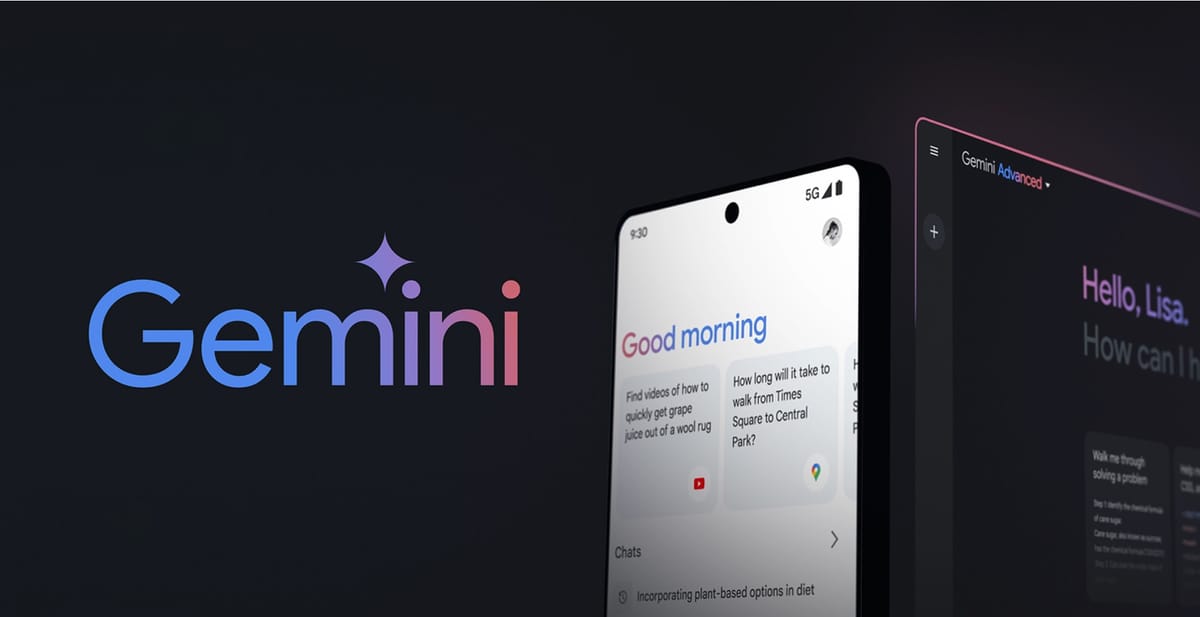Google to Transition from Google Assistant to Gemini on Android Devices

Google’s Transition from Assistant to Gemini
Google recently announced that it will replace the long-established Google Assistant with its new AI, Gemini, on mobile devices later this year. This decision signifies a major change for users who have relied on Google Assistant since its debut nearly a decade ago.
Key Updates
Here are some important updates regarding this transition:
- End of Google Assistant: Classic Google Assistant will not be available on most mobile devices by the end of this year.
- Upgrades: Gemini will not only replace the Assistant on smartphones but will also be available on tablets, vehicles, and connected devices such as headphones and smartwatches.
- Home Device Integration: A Gemini-powered experience is on the way for home devices, including speakers, displays, and televisions.
- Global Availability: The Gemini app is already accessible in over 40 languages in more than 200 countries.
The Shift to Gemini
Google’s Senior Director of Product Management, Brian Marquardt, confirmed in a recent blog post that the company is upgrading users from Google Assistant to Gemini. By the end of the year, accessibility to Google Assistant will end on most mobile platforms, and it will not be available for new downloads.
This transition reflects Google’s strategy to utilize generative AI. While Google Assistant was a pioneer in natural language processing and voice recognition technology when it first launched in 2016, the tech giant is optimistic that Gemini’s advanced capabilities will offer users a more adaptable and efficient experience.
A New Era with AI
As Marquardt discussed in his post, the focus is on incorporating generative AI into everyday interactions with technology. He notes, "To continue our work of building the world’s most helpful assistant, we’ve reimagined the experience with AI at its core, making Gemini your personal, AI-powered assistant."
Beyond Smartphones
The transition is not exclusive to mobile devices. Google has plans to extend Gemini’s functionality to a range of products, including:
- Tablets
- Automobiles
- Smart devices like headphones and watches
- Home devices such as speakers, displays, and TVs
For the time being, Google Assistant will remain operational on these platforms until the transition is fully realized.
Response from Users
Google’s decision comes on the heels of positive feedback from early adopters of Gemini, with millions reportedly finding the new features helpful in their daily tasks. Marquardt adds that those who have switched from Google Assistant to Gemini have praised the AI-driven functionalities.
Multi-Language Support and Features
The Gemini application has been designed with user accessibility in mind, currently offered in over 40 languages globally. Recent updates include features from the original Assistant, like music playback and timer settings, ensuring that users enjoy similar capabilities.
However, Google stresses that Gemini’s abilities extend beyond those of its predecessor. Innovations such as Gemini Live, which facilitates multimodal conversations, and Deep Research, enhancing Gemini’s role as a personal research assistant, highlight features made possible through advanced AI techniques.
A New Approach to AI in Everyday Life
This significant shift illustrates Google’s commitment to building a more intelligent, AI-driven assistant. Users will soon experience a change in how they interact with their devices, marking an evolution in Google’s technological offerings. For many, the familiar “Hey Google” will transition into engaging with Gemini, hinting at the next generation of AI support in everyday life.





